unleash the power of
conversation
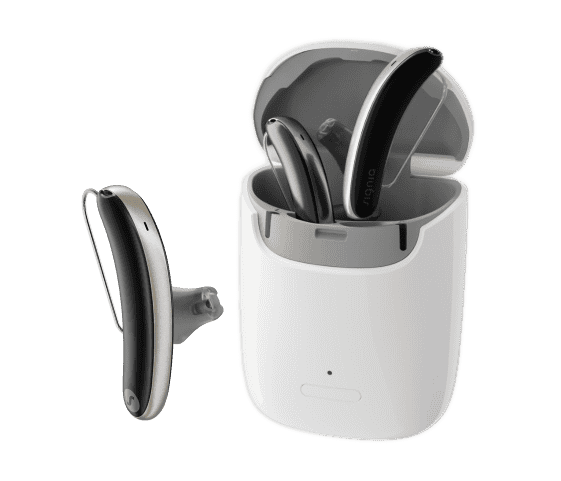
BEFORE BUYING HEARING AIDS, CALL US FOR EXPERT ADVICE.
A CALL CAN SAVE YOUR
₹ 33,333*/-
OUR SERVICES

Pure Tone Audiometry
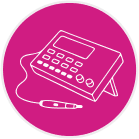
Impedance Audiometry
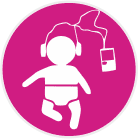
Newborn Hearing
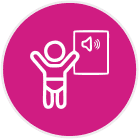
Play Audiometry
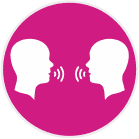
Speech Audiometry

Free field Audiometry

Tinnitus Masking & Management

Hearing Aid Sales and Service
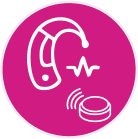
Earmoulds and Batteries

Home service for senior citizens
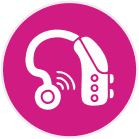
Hearing Aid Programming

Hearing Aid Trials
What Our Customers Are Saying
Reach Us at
Following Centers
CRYSTAL HEARING SOLUTIONS
CRYSTAL HEARING SOLUTIONS
CRYSTAL HEARING SOLUTIONS
CRYSTAL HEARING SOLUTIONS
CRYSTAL HEARING SOLUTIONS
CRYSTAL HEARING SOLUTIONS
CRYSTAL HEARING SOLUTIONS
CRYSTAL HEARING SOLUTIONS
CRYSTAL HEARING SOLUTIONS
FAQs
Every 3-5 years if you have normal hearing.
Annually if you have hearing loss or are at risk (e.g., noise exposure)
The audiologist may recommend:
• Hearing aids
• Assistive listening devices
• Medical treatment if needed
• Lifestyle changes to improve communication
Results are shown in an audiogram, which indicates:
• Normal hearing
• Mild, moderate, severe, or profound hearing loss
• Whether hearing loss affects one or both ears
• You’ll wear headphones and listen to sounds or speech at various volumes.
• You may press a button or respond when you hear a sound.
• The audiologist will review your results and discuss next steps.
• Avoid loud noise exposure for at least 24 hours.
• Clean your ears (but don’t use cotton swabs deep inside).
• Inform the audiologist about any hearing concerns or medications.
No, hearing tests are non-invasive and painless.
Most hearing tests take 30 minutes to an hour.
• Pure-Tone Audiometry – Tests the ability to hear different sound frequencies.
• Speech Audiometry – Measures speech recognition ability.
• Tympanometry – Checks for middle ear issues like fluid buildup.
• Otoacoustic Emissions (OAE) Test – Evaluates inner ear function.
• Brainstem Auditory Evoked Response (BAER) Test – Measures how the brain responds to sound.
• People experiencing difficulty hearing conversations.
• Individuals frequently asking others to repeat themselves.
• Those exposed to loud noises regularly.
• Anyone with ringing in the ears (tinnitus).
• People over 50 for routine hearing check-ups.
